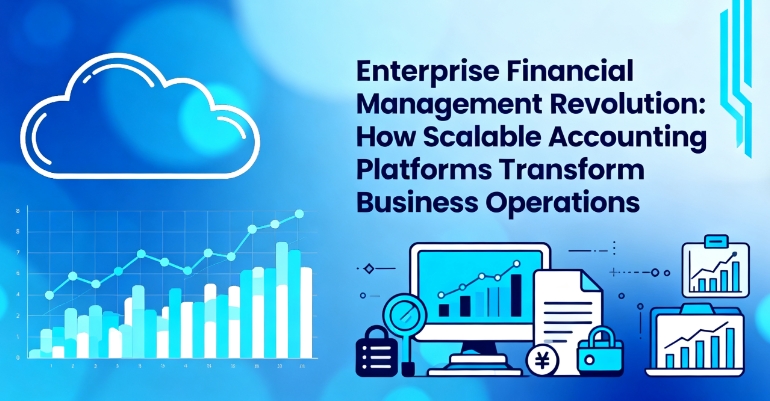Essential Tips for First-Time Software Buyers
This guide offers essential advice for first-time software buyers, emphasizing choosing trusted vendors, understanding licensing, selecting between downloaded and physical copies, and weighing custom versus pre-made solutions. It aims to help users make informed, safe purchasing decisions, ensuring optimal software performance and legal compliance.

Essential Tips for First-Time Software Buyers
Newcomers to computers often discover that selecting the right software significantly boosts their device's performance and productivity.
Choosing incompatible or poor-quality software can lead to issues and hinder your tasks. Conversely, the right software enhances your overall experience.
If you're unsure where to start with your first software purchase, don’t worry. Here are five crucial tips to guide you in making the best choice.
Select Your Vendor: Opt for a trusted provider, whether it’s a custom solution from a specialized firm or a popular ready-made program like MS Word. Reliable vendors offer better support and stability.
A reputable supplier can recommend the most suitable software options for your needs. They typically provide dependable customer service and are trustworthy.
Custom vs. Pre-Packaged Software: Pre-made software often includes regular updates, making it a safer choice. However, it tends to be more expensive and offers limited customization. Custom software provides tailored support but may lack warranties or guaranteed updates, which depend on the developer's schedule.
Downloading versus Physical Copies: Downloading software directly from the developer’s site is very convenient. Still, for off-the-shelf products, a DVD version may be preferable, especially without reliable internet or for backups. Combining both methods—downloading and having a physical copy—can maximize convenience and security.
Note that updating via DVDs might require purchasing new discs unless the developer provides free updates online. Policies vary; some companies include free online updates while others require purchasing new packages.
Licensing and Terms: Always verify whether the software's license suits your usage—commercial, personal, or educational. For example, using personal licenses for commercial projects like selling designs created with Photoshop is illegal and can lead to penalties. Review licensing details, warranty provisions, and terms before buying to avoid legal issues or unsupported products.









